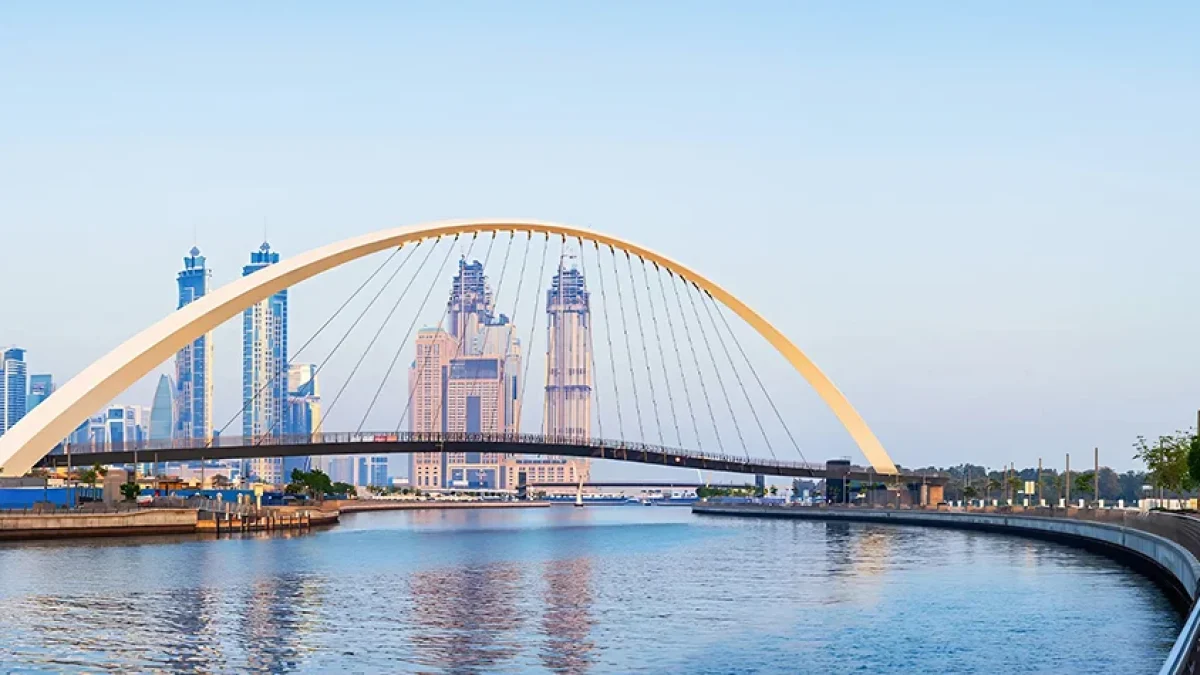
Water is one of the most essential resources on Earth. Every drop we use matters, especially with rising global temperatures, droughts, and the growing demand for clean water. Yet, many of us use more than we need without realizing it. The good news is, saving water is easy — and it starts with small changes at home, school, and work.
This article breaks down simple, practical tips to help you reduce water waste. Whether you’re a student, a homemaker, or a business owner, these steps can help protect our planet and even lower your water bill.

Water scarcity affects billions of people worldwide. According to the United Nations, nearly 2 billion people live in areas of water stress. In some places, families must walk miles to collect clean water. Even in developed countries, long dry seasons and shrinking water sources are becoming more common.
By saving water, you help:
Water-saving isn’t just for homes — schools and workplaces can make a difference too.
Many cities and towns are creating water-wise policies. You can be part of the movement by:
Some communities even offer rewards or discounts to residents who reduce their water usage or install conservation tools.
Myth 1: It’s too expensive to save water
Fact: Many water-saving tools are affordable, and some cities offer them for free.
Myth 2: Small changes don’t matter
Fact: One small change in millions of homes equals a huge difference.
Myth 3: Only dry regions need to save water
Fact: Water conservation is essential everywhere — not just in drought-prone areas.

If we continue to waste water, we risk running out of it in the near future. Clean water is a limited resource. Climate change, pollution, and overuse are making it harder to access. This affects food supplies, health, and even peace in some regions.
However, if each of us adopts water-smart habits now, we can change the course. A little effort today leads to a better tomorrow.
Saving water is not difficult, but it requires awareness and action. Whether it’s closing a tap, fixing a leak, or teaching your child the value of water, every small step counts. With these tips, you’re not only saving a precious resource but also helping build a more sustainable world.
Next time you open a tap, think about the journey that water took to reach you — and the millions who wish they had what you do. Be wise, be kind, and save water every day.
Read More:- Deyaar’s Latest Announcement Shakes Up the UAE Property Market
